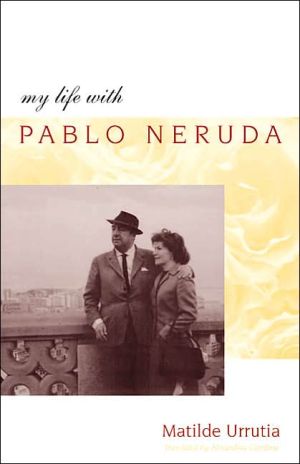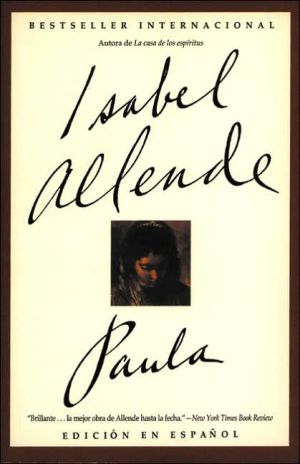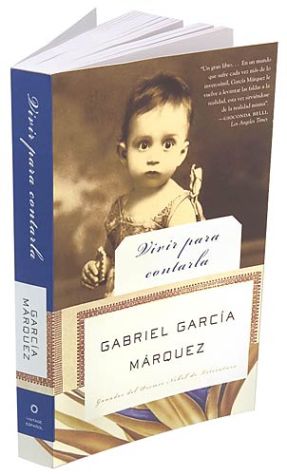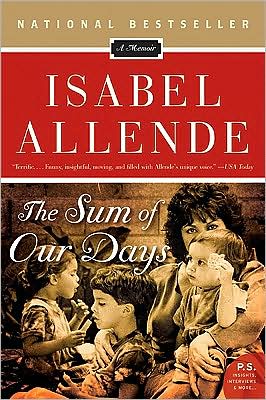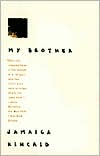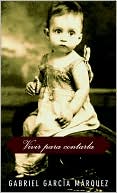My Life with Pablo Neruda
“Urrutia draws strength from her husband’s writings after his death as she faces her fears of remaining silent in the face of injustice. Her graceful prose offers not only a glimpse of her life with the great poet but also a portrait of the nobility of suffering under an unjust political regime.” —Publishers Weekly\ “In the category of personal accounts, Matilde Urrutia's autobiography is particularly important. She was not only the raison d'etre of One Hundred Love Sonnets but also the...
Search in google:
Matilde Urrutia was the poet Pablo Neruda’s lover, muse, wife, and widow. The Nobel-laureate Chilean wrote The Captain’s Verses and One Hundred Love Sonnets—two of the most celebrated volumes of love lyrics in modern Spanish letters—for her. In My Life with Pablo Neruda, Urrutia reveals her side of their famed romance. But her book is not simply a love story told by a muse; it is also a document of her life as the persecuted widow of a national hero. Publishers Weekly Much like Chilean poet Neruda's own glittering lyrics, his muse and widow Urrutia has penned a memoir that sparkles freshly with a love of family, nature and homeland. Memorialized by the Nobel laureate in his poems as "Rosario" and as the woman with Medusa-like hair, Urrutia was first glimpsed by Neruda at a concert in 1946, but it was three years before they met again, when she became his nurse as he was recovering from phlebitis. Neruda had to flee Chile because of his political views, and Urrutia soon joined him, inaugurating this famed literary romance. Sandwiched between accounts of Neruda's death shortly after the Pinochet coup in 1973 and her own persecution by the Chilean government are Urrutia's lyrical reminiscences of her love with Neruda. "Our easygoing, playful friendship, which we had considered to be at most simply mischievous, had just transformed into a complicated battle of emotions. Now our relationship would bring us... an abundance of joy, but it would also bring us grief and desperation." Urrutia draws strength from her husband's writings after his death as she faces her fears of remaining silent in the face of injustice. Her graceful prose offers not only a glimpse of her life with the great poet but also a portrait of the nobility of suffering under an unjust political regime. B&w photos. (Oct.) Copyright 2004 Reed Business Information.
\ From the Publisher"In the category of personal accounts, Matilde Urrutia's autobiography is particularly important. She was not only the raison d'etre of One Hundred Love Sonnets but also the source of peace and domesticity in Neruda's mature life, and the keeper of\ \ \ \ \ \ Publishers WeeklyMuch like Chilean poet Neruda's own glittering lyrics, his muse and widow Urrutia has penned a memoir that sparkles freshly with a love of family, nature and homeland. Memorialized by the Nobel laureate in his poems as "Rosario" and as the woman with Medusa-like hair, Urrutia was first glimpsed by Neruda at a concert in 1946, but it was three years before they met again, when she became his nurse as he was recovering from phlebitis. Neruda had to flee Chile because of his political views, and Urrutia soon joined him, inaugurating this famed literary romance. Sandwiched between accounts of Neruda's death shortly after the Pinochet coup in 1973 and her own persecution by the Chilean government are Urrutia's lyrical reminiscences of her love with Neruda. "Our easygoing, playful friendship, which we had considered to be at most simply mischievous, had just transformed into a complicated battle of emotions. Now our relationship would bring us... an abundance of joy, but it would also bring us grief and desperation." Urrutia draws strength from her husband's writings after his death as she faces her fears of remaining silent in the face of injustice. Her graceful prose offers not only a glimpse of her life with the great poet but also a portrait of the nobility of suffering under an unjust political regime. B&w photos. (Oct.) Copyright 2004 Reed Business Information.\ \ \ Library JournalThese three publications add to the voluminous literature on Nobel laureate Pablo Neruda. Chilean photographer Poirot's work is essentially a reprint of an older edition of the same name. Poirot photographed Neruda's house on Isla Negra (the poet's last residence) and his townhouse in Valparaiso, which was sacked in 1973 when Chile fell prey to dictatorship. This new edition superimposes excerpts from Neruda's poetry on Poirot's very moving photos and features photos and testimonies of Neruda's closest friends and admiring writers. Urrutia, Neruda's third wife, provides a fresh new biography from her particular vantage. Her purpose is twofold: to present her Pablo as the exuberant, warm, and loving individual he was and to inform readers of the menace imposed by Chilean dictator Pinochet, who was responsible for the assassination of elected president Allende, Neruda's close friend. Urrutia's account is highly selective but well worth reading for another perspective on this great man. Feinstein, a writer and translator who has served as London correspondent for El Mundo, Spain's leading daily, recounts Neruda's efforts during the Spanish Civil War and resistance to two Chilean dictators, but he also attempts to clarify Neruda's controversial views of Stalinist communism. Numerous accounts of important people in the poet's life are presented staccato style, with one account often interrupting another, so that getting a sense of the chronology may be a challenge. Excerpts from Neruda's journals and poetry further add to the intensity of this biography. All three books are recommended for public libraries; Poirot's would serve academic libraries as well.-Nedra Crowe-Evers, Sonoma Cty. Lib., CA Copyright 2004 Reed Business Information.\ \
